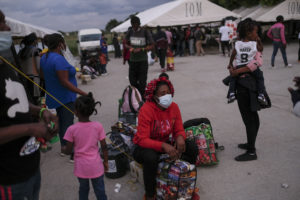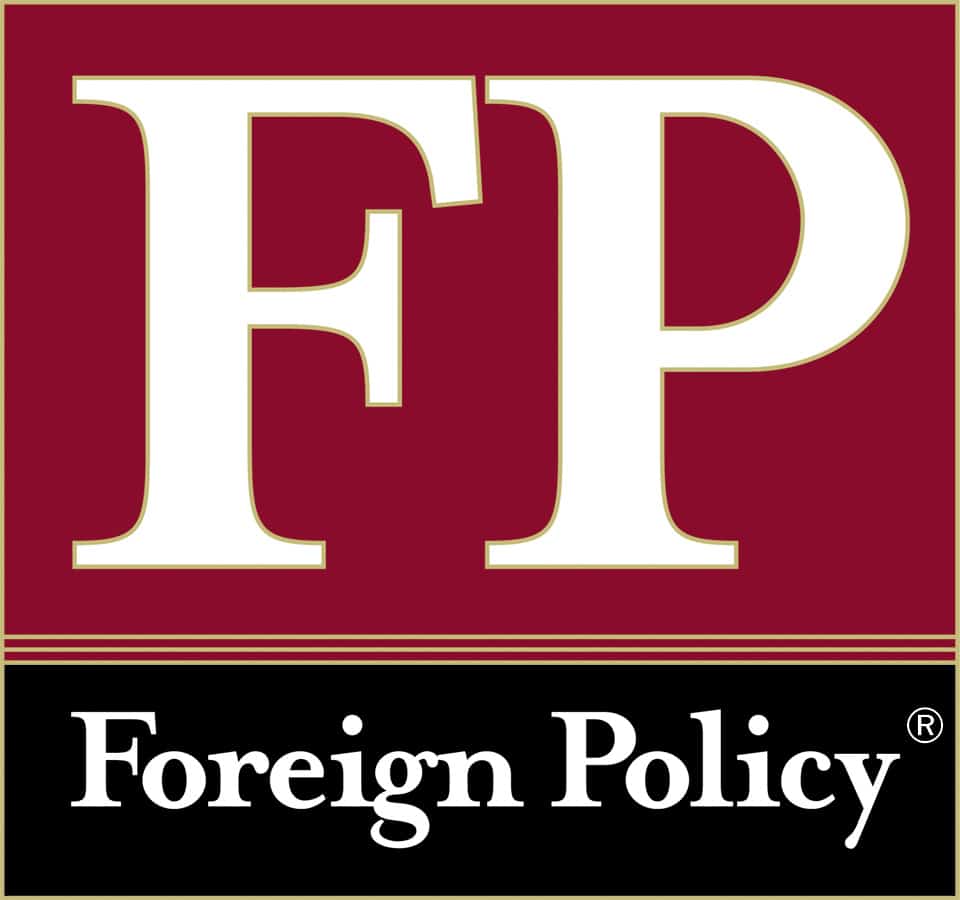On May 25-26, WOLA joined representatives of international cooperation organizations, universities, human rights organizations, migrant organizations and the general civil society of Haiti, the United States, Mexico, Colombia, the Dominican Republic, Brazil, Chile, Ecuador, Peru, and Canada in Cartagena to bring attention to the Haitian humanitarian crisis of Haitian migrants in the region.
Participating organizations promulgated a joint declaration urging states to address the humanitarian situation and to protect the rights of Haitian citizens in the Americas. According to the document, civil society of the region declared that :
- Invoking the commitments made by world governments in the New York Declaration of 2016, propose Haiti as a country of special importance for the agenda of this worldwide pact on migrants and refugees; they consider it of great importance that Haitian Afro-descendants be the subject of special protection in specific cases within the framework of the United Nations International Decade for Afro-descendants (2015-2024).
- Express profound concern for the regressive politics regarding Haitian migration.
- Remind the world that no migrant is illegal and that it is the duty of states to protect the rights of migrants.
- Invite the new government of Haiti to take a proactive role in protecting the rights of its nationals, to support them through their consular services and to facilitate their documentation for a migration that dignifies and respects their human rights.
- Recognize the good practices of South America in terms of the legalization, integration, and welcoming of migrants, as in the case of Brazil (which legalized the situation of more than eighty thousand Haitians). They urge the states to continue these practices, reinforce them, and promote their extension throughout the region.
- Urgently request a greater time frame for TPS (Temporary Protected Status) in the U.S., accompanied by medium and long term solutions that do not involve deportation or NON-voluntary returns of the sixty thousand Haitian migrants in a situation of legal limbo.
The participating organizations pledged to move forward in the construction of a common agenda and a continental network in order to advocate for and follow-up on the actions of states relating to migration, from a rights-based and gender-based focus.




